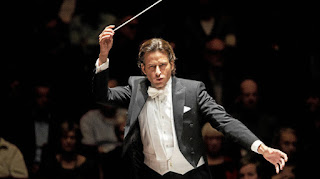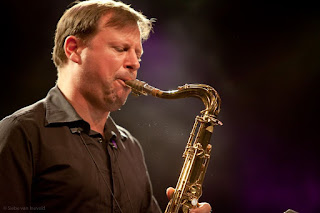Actors Theatre of Indiana's gothic fun: 'The Mystery of Edwin Drood' is completed in a tuneful, playful, specter-banishing way

I admired the indecisiveness, or perhaps the passive resistance, of the few audience members who dropped the entire ballot into the basket near the end of "The Mystery of Edwin Drood" at the Center for the Performing Arts' Studio Theatre. Fundamentally, of course, audience involvement ought never to be passive. This show goes further, inviting patrons to vote on their choice of the eponymous hero's killer to answer the perennial question of its genre: Whodunit? Edwin Drood (Cynthia Collins) is the center of attention from a spectrum of acquaintances. But to drop the whole ballot in the basket, oh well: maybe that's an inspired choice, because the frame setting of Rupert Holmes' boisterous musical comedy is an English music-hall troupe desperate to engage with its audience at every juncture. So whodunit in this context is a question whose answer is blowing in the madcap wind. In the Actors Theatre of Indiana production, which opened over the weekend,













